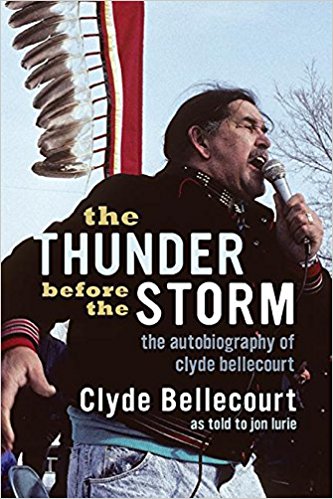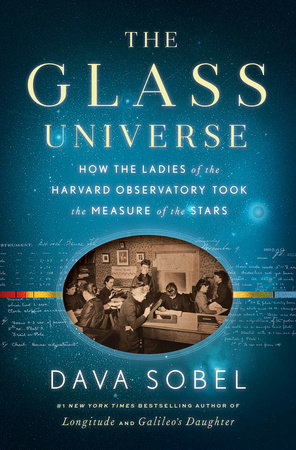Here is a roundup of civilian review efforts and debate across the U.S.:
Urbana: 'Systemic' review
The Urbana Civilian Police Review Board (CPRB) is a city board, with subpoena power, established by Mayor Prussing and the Urbana City Council in 2011 to provide a fair and independent process for the review of citizen complaints concerning sworn police officers. The Board is not a part of the police department.
Charged with offering a citizen’s perspective to the review of complaints and to provide a systematic means to promote and maintain positive police-community relations, the Board reviews complaints in a fair, thorough, and timely manner and reports board findings to the Mayor and Chief of Police.
- Board Membership. The Board is comprised of seven (7) members appointed by the mayor with the approval of the city council. Members are chosen from diverse segments of the community. Members serve without compensation for a term of three (3) years. Terms of office are staggered.
- Meeting Schedule. The Board holds regular quarterly meetings on the 4th Wednesday of the month at 5:30 p.m. in the Urbana City Council Chambers. Special meetings may be held as deemed necessary. Board meetings are open to the public in accordance with the Illinois Open Meetings Act and public participation is welcome.
- Agendas and Minutes. To view prior meetings as well as their agendas and minutes, please visit Archive of Agendas and Minutes.
- Broadcast Meetings. If you prefer to view Board meetings remotely, please note that meetings are broad cast by Urbana Public Television through Comcast on channel 6, AT&T U-Verse on channel 99 and streamed on the web.
Baltimore: Broad perspectives, strategies?
Mayor Catherine Pugh wants a newly appointed civilian oversight panel to recommend ways to improve the relationship between the Baltimore Police Department and the public, offer cultural diversity training and better recruit officers from within the city.
Pugh named nine people to the Community Oversight Task Force this week. The task force was required by the consent decree the city reached with the U.S. Department of Justice to force the police to address widespread unconstitutional and discriminatory practices.
"I trust them to make great decisions," said Pugh, joined by some task force members at City Hall. "They have a lot of work ahead of them."
Among the volunteer members is the Rev. Marvin McKenstry of West Baltimore's Victory House of Worship.
"My personal goal is to serve the city that I love and bring a different perspective ... the perspective of the people to the conversations that we need to have," said McKenstry, 42, who also helps young people find jobs and volunteers for several endeavors.
Pugh appoints nine to Baltimore Civilian Oversight Task Force mandated by consent decree. The task force members were selected from more than 100 applicants. Pugh said the consent decree required her to appoint five members to the task force by July 1, but she asked the Justice Department to expand the task force to nine members.
They must work at least 10 hours a month for the next eight months, soliciting information from city agencies, community members and organizations to help develop a road map for the city to meet the requirements of the consent decree, Pugh said.
Before their report is finalized, Pugh said their ideas will be presented to the public for feedback.
Mayor's nominees to Civilian Review Board include academics, attorneys and a former Baltimore sheriff's captain.
Former state Sen. Ralph Hughes, 69, of Mondawmin said the task force also will evaluate the effectiveness of the Civilian Review Board, which investigates complaints against police. For years, the board has been criticized for being ineffective and powerless.
"What can we do to improve it?" he asked. "What recommendations can we make to the General Assembly to improve the Civilian Review Board?"
Appointees also include attorney Denise Duval, retired police Col. Edward Jackson, political science professor Danielle Kushner and school mediation coordinator Daniel Levine. Other members are Valencia Johnson and Andrew Reinel. A ninth member still has to be named.
Jackson, who retired from the Police Department in 2004, said he believes a response by law enforcement is appropriate only when interventions by family, community, and faith-based groups fail to address a problem.
Nashville, Tennessee: 'It will make us all safer'
Complaints against police officers continue to spark national discussion, and in late June, that conversation took the shape of a town hall in Nashville.
According to the NAACP, there are nearly 700 citizen complaints filed every year against the Metro Nashville Police Department.
The Community Oversight Now Coalition, which is made up of multiple local organizations, hosted a town hall to talk about creating an oversight committee board.
More than 100 cities across the country have a similar board.
On Thursday, dozens showed up at the Gordon Memorial United Methodist Church to talk about how a board would positively address police accountability and increase trust between Davidson County residents and law enforcement.
"And that will reduce violence -- it will make us all safer -- if people feel that level of respect with the police and from the police," said Kyle Motherhead with the Community Oversight Now Coalition.
"I know there are people in the powers to be that don't think it's necessary, but they don't have black sons or daughters -- but especially black sons. They don't understand the reality when our sons are pulled over and they are behind the wheel," said Jackie Sims with Democracy Nashville.
The group says it's been working on the concept for many years, but it came together after Metro Officer Joshua Lippert shot and killed Jocques Clemmons back in February. Lippert has since been cleared of criminal charges.
Monongahela, Pennsylvania: Deterrent or disruption?
Monongahela City Council heard a request July 14 for creation of a civilian police review board.
Resident Chad DeSantis, who brought the issue before council, said residents have raised a number of concerns on social media. “People are being pulled over for a burnt-out license plate light, when it isn’t burnt out,” he said.
DeSantis also noted that in 2009, Monongahela police officer George Langan was arrested and accused of selling cocaine and interfering with drug investigations in the Mon Valley, and in 2011, former part-time officer David James McClelland was involved in the robbery and murder of Evelyn Stepko of Coal Center. DeSantis asserted a civilian police review board would provide checks and balances.
Councilman Ken Kulak questioned what a review board would have done differently regarding the police officers DeSantis mentioned.
“These things were resolved,” said Kulak, adding that he didn’t think a review board would have changed the outcome. “You are going to have problem employees in any job. What would the review board have (done) in these instances?”
DeSantis said if there was a review board at the time, it might have served as a deterrent.
Monongahela police Chief Brian Tempest said that if anyone has a complaint against an officer, they can come to the police department and file a complaint in person.
“I believe our officers do a fine job,” said Tempest. He added he is not saying there can’t be times when an officer steps out of line, but if that happens, he encourages residents to file a complaint with the department.


























